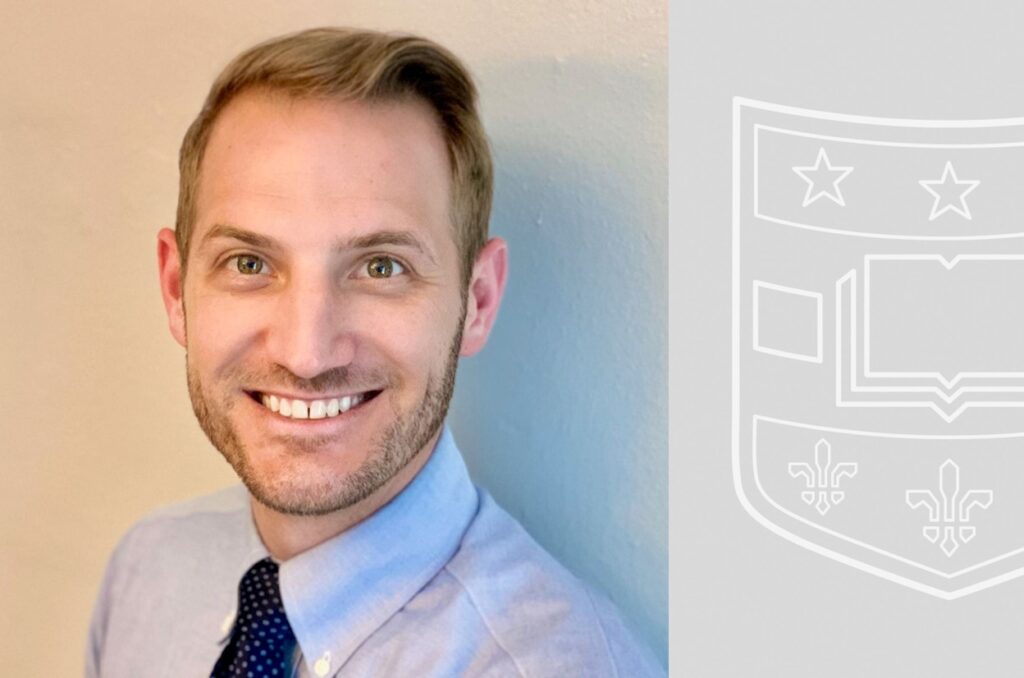Dr. Herzog is interested in how the tumor microenvironment (TME) impacts the progression and response to therapy in lung cancer. Recent advances in immune-based therapy have improved outcomes for many lung cancer patients. Yet, despite the observed benefit of immune checkpoint blockade in the locally advanced and metastatic setting, not all patients respond to these agents and most of those who initially respond, eventually progress underscoring the need for additional therapy options. Understanding why patients do not initially respond to therapy and/or the mechanisms by which they develop resistance to therapy is critical to offering our patients more effective treatment options and improving outcomes.
Dr. Herzog’s research focuses on the interactions between tumor cells and tumor-associated stromal cells that regulate response to therapy, including immune-based therapies. One non-immune component of the TME is called reactive fibrosis. This dense stromal microenvironment is characterized by a number of different fibroblast subpopulations, extracellular matrix deposition, and altered immune cell infiltration. In several solid malignancies, its presence correlates with poor prognosis. Limited studies in early-stage lung cancer have suggested that the amount of “scar” or fibrosis in resected tumors is prognostic. However, the function of fibroblast subsets in lung cancer and their impact on the immune TME or responses to checkpoint blocking immunotherapies is poorly understood.
His work has determined that a significant number of patients with advanced lung cancer harbor large amounts of reactive fibrosis and this correlates with reduced CD8 infiltration. Using animal models, he has determined that fibrosis in models of lung cancer leads to reduced immune surveillance, increased progression and impaired responses to immune checkpoint blockade. Using in vitro techniques and genetically-engineered mouse models of lung cancer, he is exploring the cellular and molecular mechanisms driving these changes. Based on these findings, he is developing novel therapies as well as therapeutic strategies to enhance responses to or overcome resistance to immune checkpoint blockade. It is likely that these findings have broad implications across a multitude of solid malignancies not only in those originating in the lung.
Dr. Herzog’s treats patients with thoracic malignancies and his clinical interests align closely with his preclinical work. To date, his clinical research has focused on novel therapeutic strategies targeting the TME to enhance responses to immune checkpoint therapies or to reverse resistance to immune checkpoint blockade.
